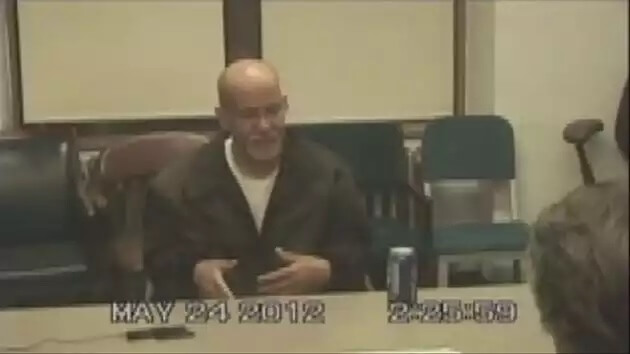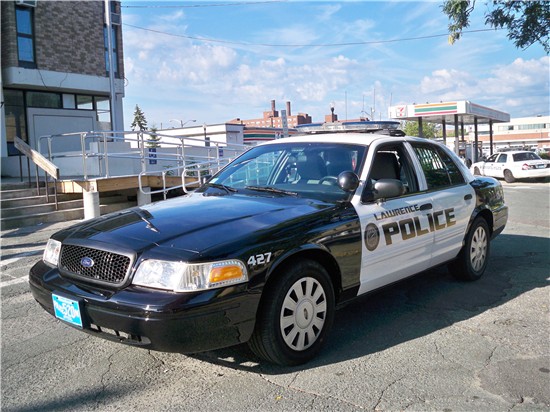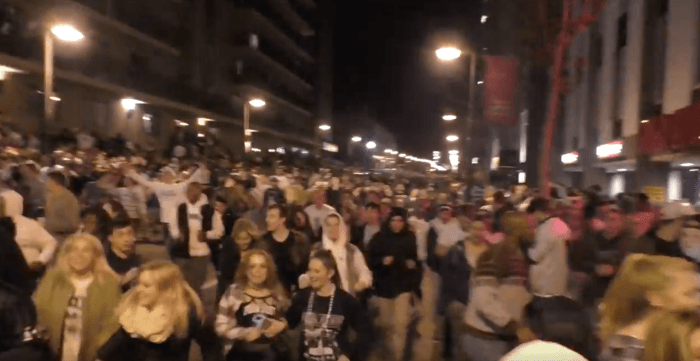Attorneys for the man on trial for the 1979 disappearance and death of Etan Patz spent Monday laying out its case by arguing the case against Pedro Hernandez is based on a false videotaped confession. Prosecutors, who rested their case Friday, previously argued that Hernandez’s 2012 confession in a New Jersey police station after more than six hours of interrogation was only one in a series of incriminating statements he made linking him to the death. Patz’s remains were never found, and there is no physical evidence linking Hernandez to the crime.
Metro asked Steven Drizin, law professor at Northwestern Law school and former legal director for the Center on Wrongful Convictions, about false confessions, why people do it and their impact on juries. METRO: Why do people falsely confess?
DRIZIN: Lots of reasons, depending upon whether the confession is voluntary (without police pressure) or police-induced. Individuals volunteer false confessions because they desire attention or notoriety, they have a pathological need for acceptance, they feel the need to purge themselves of guilt for real or imagined acts. Sometimes they come forward and confess to protect someone else or to better their circumstance or for some instrumental benefit or reward — like a transfer to a better prison. Usually, voluntary confessions are explained by the psychological needs of the confessor and often involve mentally ill suspects. Most false confessions, however, are the result of psychologically coercive interrogations. Police interrogation tactics are designed to persuade a suspect that it’s futile to deny responsibility for the crime and in the suspect’s best interests to confess. Some suspects will confess sooner than others because they can’t handle the stress of the interrogation and will do anything to bring it to an end. Innocent suspects are particularly vulnerable to these tactics because they believe that their “innocence” will become apparent to everyone and exonerate them. METRO: Who may be more susceptible to falsely confess to a crime?
DRIZIN: Although every person is susceptible to falsely confessing — we all have our breaking points — some suspects are more vulnerable than others, including juveniles, those with intellectual disabilities and suspects with personalities or disorders that make them highly compliant, trusting, deferential to authority or suggestible. When dealing with a vulnerable suspect, it is especially important that police corroborate the confessions with other evidence – a murder weapon, some forensic evidence linking the suspect to the scene, a body – some independent evidence that makes the suspect’s account more credible METRO: Why are videotaped confessions so compelling in a court room?
Because most jurors do not understand the ways in which psychological interrogation techniques contribute to false confessions and naively believe that there is not set of circumstances — except perhaps torture or insanity — that would lead them to falsely confess. This is especially true in cases of murder or other crimes that could lead to death sentences or lengthy prison sentences. METRO: What can be done to prevent false confessions?
DRIZIN: Limit the length of police interrogations and limit the use of lies about evidence, particularly scientific or medical evidence that suspects don’t have the ability to rebut.
Interrogations need to be electronically recorded from start to finish to create an objective and accurate record of what led to the confession, to prevent police and suspects from lying or misremembering interrogation events and to see whether the details in the confession came from the suspect or were fed to the suspects by the police officers through leading questions. Recording will not prevent false confessions, but it will reduce them because police will be less likely to use the most coercive tactics and it will make it easier to weed out unreliable confessions because judges and jurors will see police fact-feeding. METRO: What is New York doing to prevent false confessions?
DRIZIN: Very little. New York State is second only to Illinois in the number of documented false confessions, and New York City is second only to Chicago. Although some police departments record some interrogations voluntarily, the vast majority of interrogations in New York remain unrecorded. Without recordings, judges often side with police officers about what happened behind the closed doors of the interrogation room and take their word that the suspects confessed without pressure or prompting. This is a recipe for disaster.
At heart of Etan Patz suspect’s defense, false confessions still problematic



















